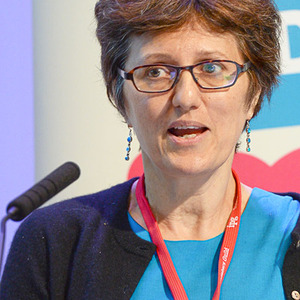You are viewing your 1 free article this month. Login to read more articles.
A fine balance
Publishing is the process of getting an author’s thoughts and ideas to the mind of a reader. Book publishing was carried out in the traditional manner for so long that everyone began to believe that publishers, agents, publicists and bookshops were essential to the process. The multiplicity of options brought about by the digital age remind us that there are only two constants in the publishing process – the author and the reader.
"Authors are at the heart of the publishing process” authors are told when being wooed by enthusiastic publishers or agents but the rhetoric has often sounded hollow to authors who found themselves underpaid for their efforts and ignored while crucial decisions as to the production, marketing and selling of their works were made by others. Authors now have real choices – self publishing and a proliferation of smaller publishers offer the prospect of more control and much higher rewards per book sold, even if they may not sell as many copies. For many the traditional publishing deal is still the gold standard and good publishers, booksellers and agents are still central to creating and selling beautiful books, but in a digital age all have to do more and better to ensure their survival.
For example, it is unfortunate that some larger publishers, understandably concerned at the pace and uncertainty of change have responded by lowering advances and trying to take more rights and for longer periods. We advise authors to look at all deals carefully to consider the advantages and disadvantages of each and remind them of George Bernard Shaw’ s words “An author who gives a manager or publisher any rights in his work except those immediately and specifically required for its publication or performance is for business purposes an imbecile.”
Fair share
Despite having more choice, authors’ incomes are suffering. The recent ALCS study showed that the number of professional authors earning their incomes solely from writing has fallen in eight years from 40% to just 11.5% and the typical annual income of the professional author has also fallen by 29% to £11,000. Publishers are businesses but unless more attention is paid to ensuring that authors receive a fair share of returns the supply of quality work will inevitably diminish.
However the balance of power and reward shifts we must not forget that we are all dependent on readers. There continues to be heartening interest in reading all the more encouraging when we consider the many other media competing for time and attention, music, film etc. this is an area on which we can all agree. All of us involved in books have a duty to read to our children, read to other people's children, fight library closures (and use libraries), support our local bookshops, campaign for reading for pleasure to be supported by compulsory school libraries teacher training, author visits and whole book reading and lobbying to protect copyright.















